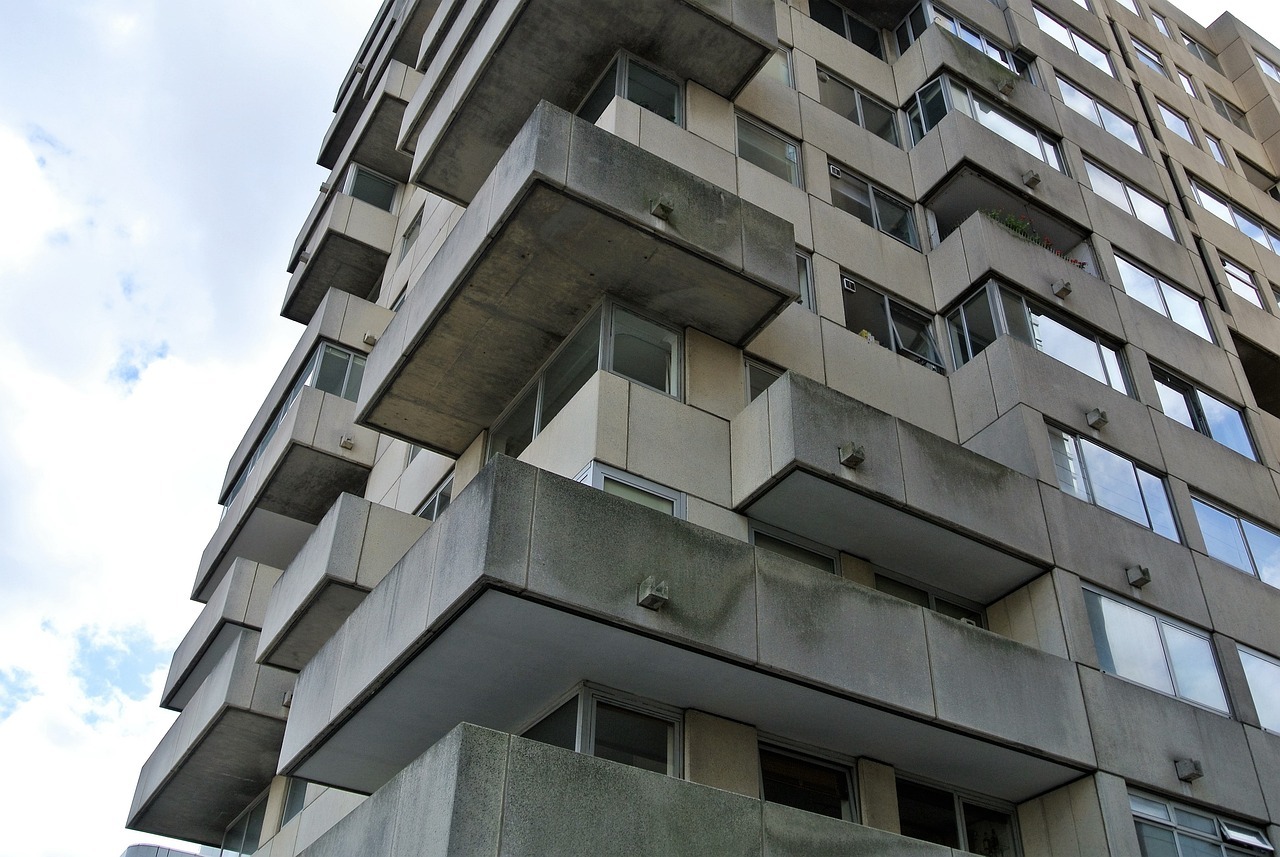Concrete balconies are an important part of many buildings, providing a way to enjoy the outdoors without going far. Unfortunately, like any other part of a building, it can suffer from deterioration due to environmental conditions, physical damage, and other factors. Learn the common causes of concrete balcony deterioration and how it can be prevented with building envelope inspection.
What Classifies As a Concrete Balcony?
A concrete balcony is a structure attached to the outside of a building and provides a way for people to enjoy the outdoors. They are usually made from reinforced concrete and can come in various shapes and sizes. Balconies can be used to access a rooftop patio or an outdoor garden or to provide a place to relax and enjoy the outdoors.
Common Causes of Concrete Balcony Deterioration
The most common cause of concrete balcony deterioration is the weather. The effects of rain, snow and high temperatures can cause the concrete to weaken and crack, leading to structural damage. In addition, extreme temperatures can cause the concrete to expand and contract, leading to further damage.
Another common cause of concrete balcony deterioration is physical damage. It can be caused by people walking or jumping on the balcony or by objects such as furniture or planters being placed on it. The weight of these objects can cause the concrete to crack and weaken, leading to structural damage.
The final common cause of concrete balcony deterioration is improper maintenance. Balconies should have a building envelope inspection regularly to check for any cracks or other signs of damage. If any damage is found, it should be repaired as soon as possible to prevent further deterioration.
Different Types of Balcony Deterioration
Concrete balconies can suffer from a variety of different types of deterioration. These include cracking, spalling, spalling, staining, and corrosion.
- Cracking is the most common deterioration caused by environmental factors and physical damage.
- Spalling is when the concrete breaks away into small pieces, which can be caused by water getting into the concrete and freezing.
- Staining is when the concrete is discoloured due to dirt, rust, or other debris.
- Corrosion is when the steel reinforcing bars inside the concrete begin to corrode, which can be caused by water getting into the concrete.
The Effects of Balcony Deterioration
The effects can be serious if a concrete balcony is not maintained and repaired when necessary. The structural integrity of the balcony can be compromised, leading to a risk of collapse. In addition, the aesthetic appeal of the balcony can be affected, as the discoloration or staining can make it look unsightly. Furthermore, the deterioration can lead to further damage to the building, as water can seep in and cause further damage to the walls and interior of the building.
The Importance of a Building Envelope Inspection
It is important to have a building envelope inspection performed to prevent further deterioration of a balcony. What exactly is a building envelope inspection? It’s an inspection of the building’s exterior, which looks for signs of damage or deterioration. A building envelope inspection can help to identify any potential problems before they become serious and can help to prevent costly repairs in the future.
Prevention & Maintenance Tips for Concrete Balconies
There are several steps which can be taken to prevent balcony deterioration:
- Balconies should be inspected regularly for any signs of damage or deterioration. If any damage is noticed, it should be repaired as soon as possible.
- Balconies should be cleaned regularly to remove any dirt, debris, or other elements which could cause damage.
- The balcony should be sealed to protect it from the elements.
- Any furniture or planters placed on the balcony must be secured to prevent them from shifting and causing damage.
Concrete balconies can be a great addition to any building, but they require regular maintenance and inspection to prevent deterioration. Everything covered here has looked at the common causes of deterioration and the signs that indicate it may be occurring—in addition to covering the importance of a building envelope inspection and the steps which can be taken to prevent deterioration. If you have any concerns about the condition of your balcony, it is important to have it inspected and repaired as soon as possible to avoid further damage.

